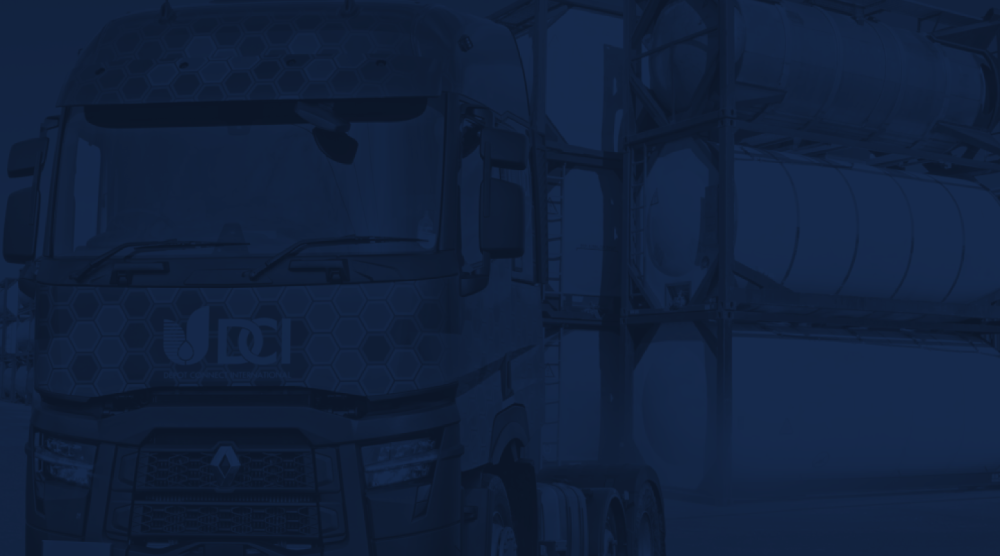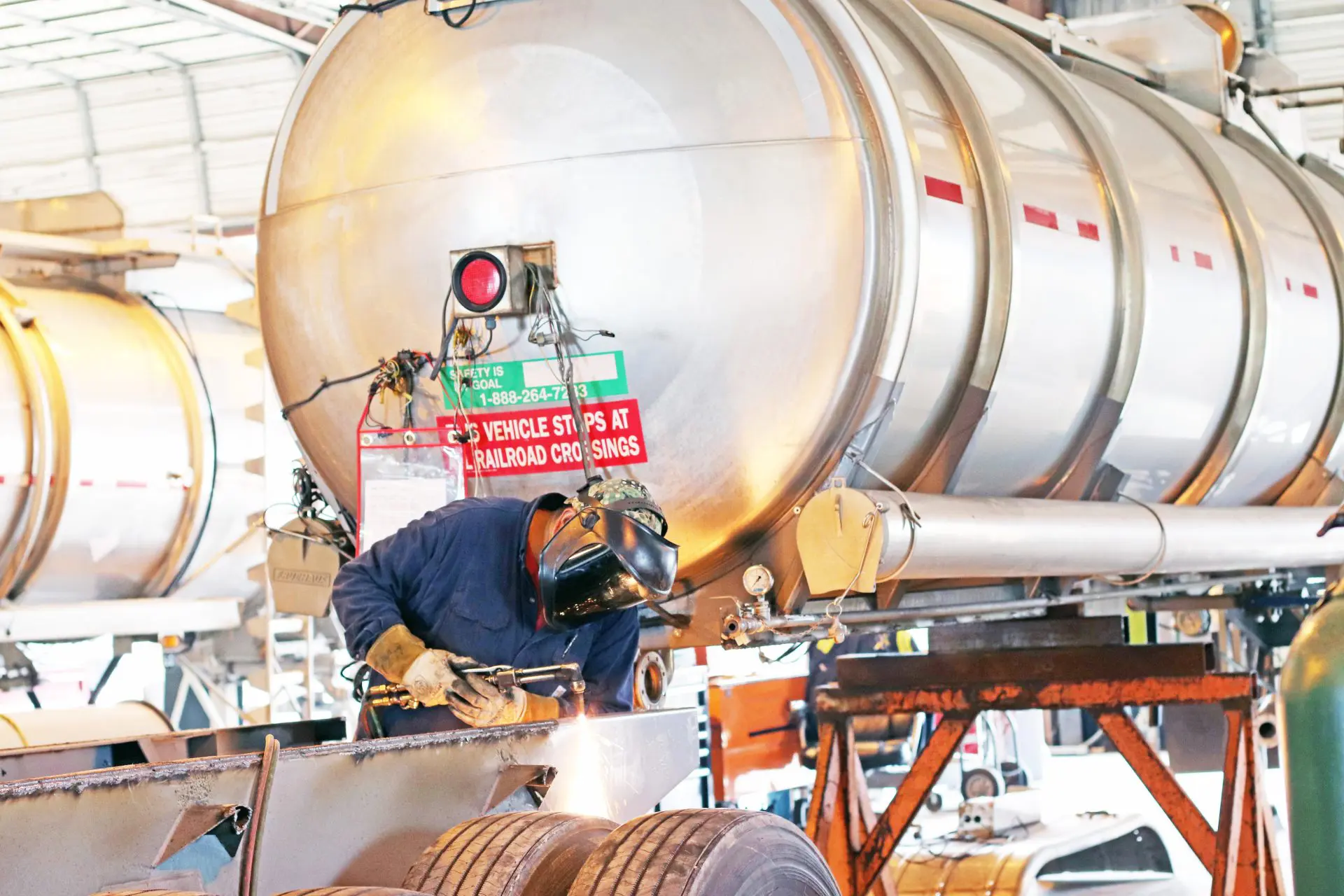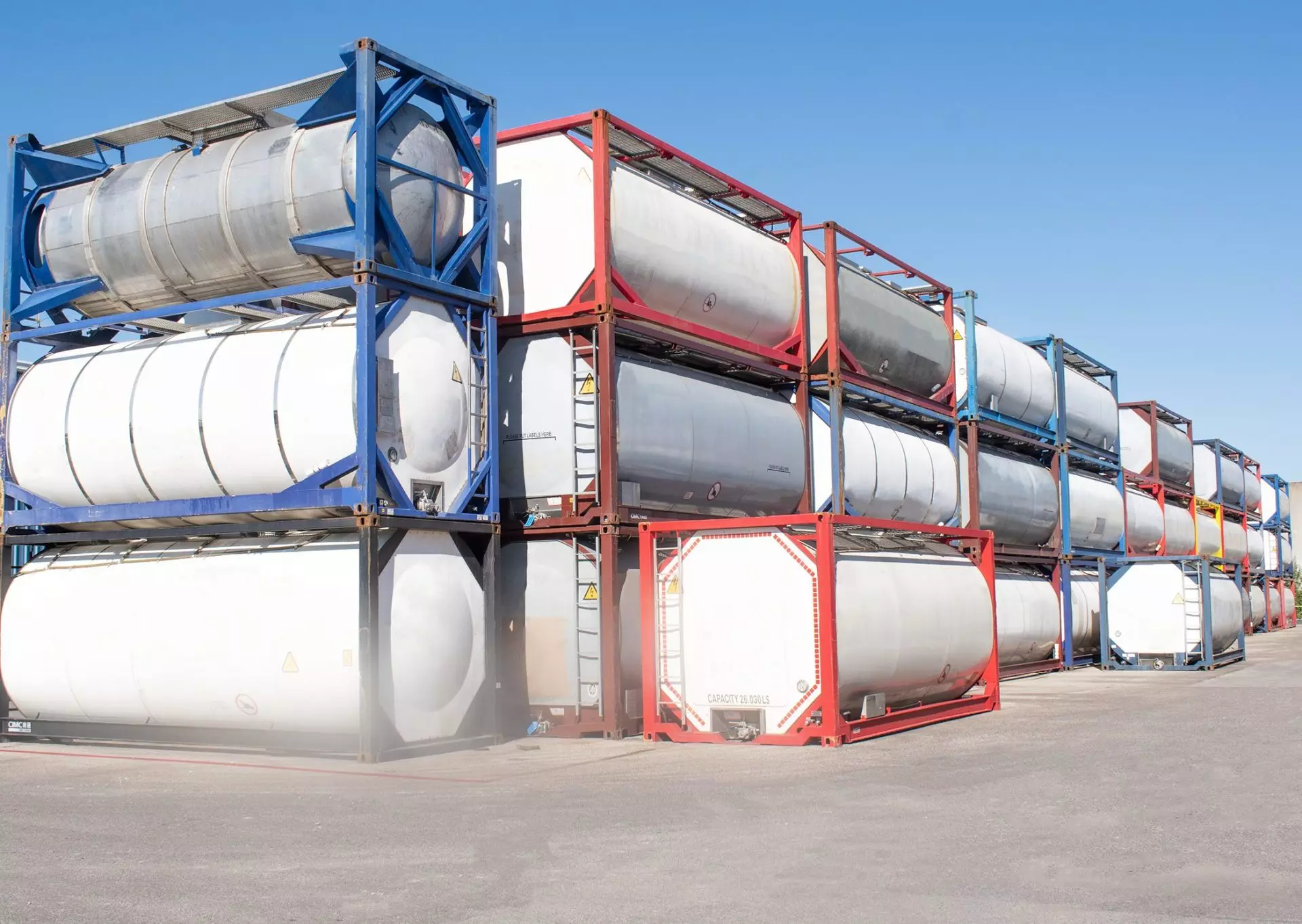Tank trailers are essential for transporting liquids and gases safely and efficiently. Whether used for transporting fuel, chemicals, or food products, tank trailers play a crucial role in various industries. However, regular maintenance is of utmost importance to ensure their optimal performance and longevity. In this blog post, we will discuss the significance of tank trailer maintenance for transportation, including DOT inspections, and how it can help prevent costly repairs and ensure the safety of both the cargo and the operators.

Your Destination for Premium Tank Trailer Services
The Benefits of Regular Inspections
Regular inspections, including DOT inspections, are a vital part of tank trailer maintenance for transportation. Conducting thorough inspections can identify and address potential issues before they escalate into major problems. Inspections should include:
- Checking for leaks
- Examining the integrity of the tank
- Inspecting valves and fittings
- Ensuring the effectiveness of safety features such as emergency shut-off systems
Regular inspections help prevent accidents due to equipment failure and ensure compliance with regulatory standards, such as those set by the Department of Transportation (DOT).
Proper Cleaning and Sanitization
Another crucial aspect of tank trailer maintenance is proper cleaning and sanitization. Tank trailers transporting food products or chemicals must be thoroughly cleaned after each use to prevent cross-contamination. Failure to clean the tanks properly can lead to:
- Growth of bacteria, mold, or other harmful substances
- Contamination of subsequent loads
- Serious health risks
Regular sanitization is essential to maintaining the quality and integrity of the cargo and meeting the strict hygiene standards set by regulatory authorities, including DOT regulations.
Maintenance of Suspension and Brake Systems
Tank trailers’ suspension and brake systems must be regularly inspected and maintained to ensure safe and efficient operation during transportation. The maintenance tasks include:
- Checking suspension components such as airbags, springs, and shock absorbers for signs of wear or damage.
- Proper lubrication of moving parts to prevent friction and premature wear.
- Inspecting the brake system, including brake pads, rotors, and hydraulic lines, to ensure proper functioning.
Neglecting the maintenance of suspension and brake systems can reduce braking efficiency and compromise safety on the road during transportation.
Conclusion
Proper maintenance of tank trailers is essential for the smooth and safe transportation of liquids and gases. Regular inspections, including DOT inspections, thorough cleaning, and maintenance of suspension and brake systems, are crucial to prevent accidents, protect the cargo, and ensure compliance with industry regulations, such as those set by the Department of Transportation. By investing time and resources in tank trailer maintenance for transportation, companies, including Depot Connect International, can avoid costly repairs, reduce downtime, and prioritize the safety of their operators and the general public.
Remember, regular maintenance is not just a legal obligation but a responsible practice that benefits everyone in the transportation industry.



